Want to contact us or
send a message?
|
ELECTRONICS & TELECOMMUNICATION DEPARTMENT |
M1: Impart knowledge required for recent and advanced electronics & telecommunication technology.
M2: Facilitate students towards a successful career in industry, research and entrepreneurship through various skill development courses.
M3: Provide ethical and value based education by promoting activities addressing the societal needs.

|
S. No |
Year (Established) |
Course |
University |
Sanction Intake |
|
1 |
2000-01 |
B.E. (ET&T) |
Pt. R.S.S.University (Raipur) |
30 |
|
2 |
2010-11 |
B.E. (ET&T) |
CSVTU (Bhilai) |
60 |
|
PO1 Engineering Knowledge |
Apply the knowledge of mathematics, science, Engineering fundamentals, and a Mechanical engineering specialization to the solution of complex engineering problems. |
|
PO2 Problem Analysis |
Identify, formulate, research literature, and analyze complex engineering problems reaching substantiated conclusions using first principles of mathematics, natural sciences, and engineering sciences. |
|
PO3 Design & Development of Solutions |
Design solutions for complex engineering problems and design system components or processes that meet the specified needs with appropriate consideration for the public health and safety, and the cultural, societal, and environmental considerations. |
|
PO4 Conduct investigations of complex problems |
Use research base knowledge and research method including design of experiments, analysis and interpretation of data and synthesis of the information to provide valid conclusions. |
|
PO5 Modern Tool Usage |
Create, select, and apply appropriate techniques, resources, and modern engineering and IT tools including prediction and modeling to complex engineering activities with an understanding of the limitations. |
|
PO6 Engineer and Society |
Apply reasoning informed by the contextual knowledge to assess societal, health, safety, legal, and cultural issues and the consequent responsibilities relevant to the professional engineering practice. |
|
PO7 Environment and Sustainability |
Understand the impact of the professional engineering solutions in societal and environmental contexts, and demonstrate the knowledge of, and need for sustainable development. |
|
PO8 Ethics |
Apply ethical principles and commit to professional ethics and responsibilities and norms of the engineering practice. |
|
PO9 Individual and Team Work |
Function effectively as an individual, and as a member or leader in diverse teams, and in multidisciplinary settings. |
|
PO10 Communication |
Communicate effectively on complex engineering activities with the engineering community and with society at large, such as, being able to comprehend and write effective reports and design documentation, make effective presentations, and give and receive clear instructions. |
|
PO11 Project Management and Finance |
Demonstrate knowledge and understanding of the engineering and management principles and apply these to one’s own work, as a member and leader in a team, to manage projects and in multidisciplinary environments. |
|
PO12 Life-long Learning |
Recognize the need for, and have the preparation and ability to engage in independent and life-long learning in the broadest context of technological change. |
By the completion of Electronics & Telecommunication Engineering program the student will have the following Program Specific Outcomes
The department has 10 well-equipped laboratories including two research laboratories ( Communication and VLSI Lab ) to provide practical knowledge. The ET&T Department have Analog Electronics, Digital Electronics, Linear integrated circuits and applications, optical communication, Electronic Workshop, Electronic circuit design, Power Electronics, VLSI, Digital circuit simulation Analog and Digital communication etc laboratories. These are equipped with digital podium, projectors, interactive board and wi-fi connectivity.
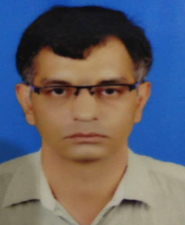
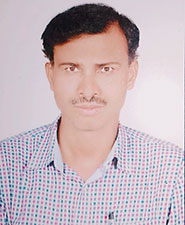
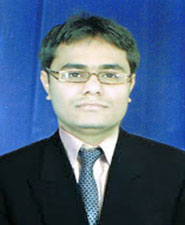
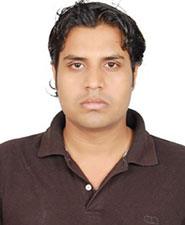
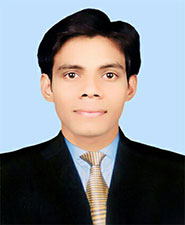
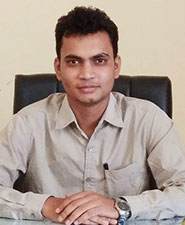
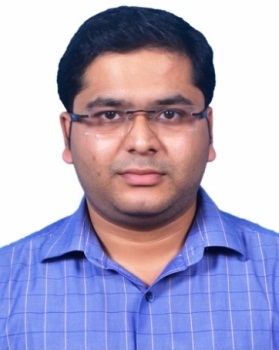
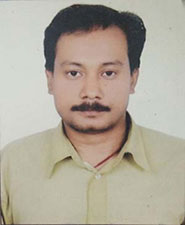
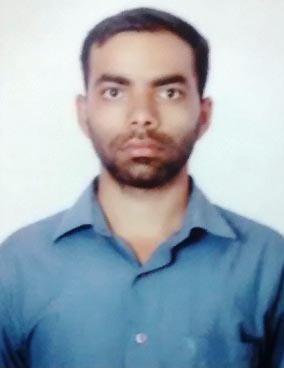





|
ELECTRONICS & TELECOMMUNICATION DEPARTMENT |